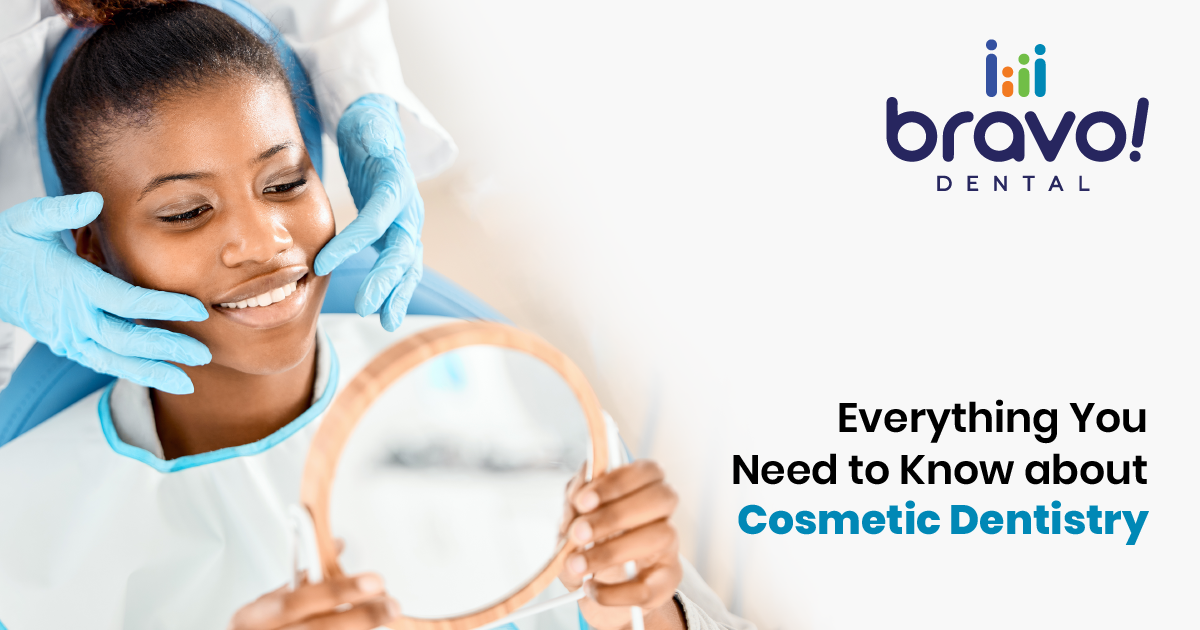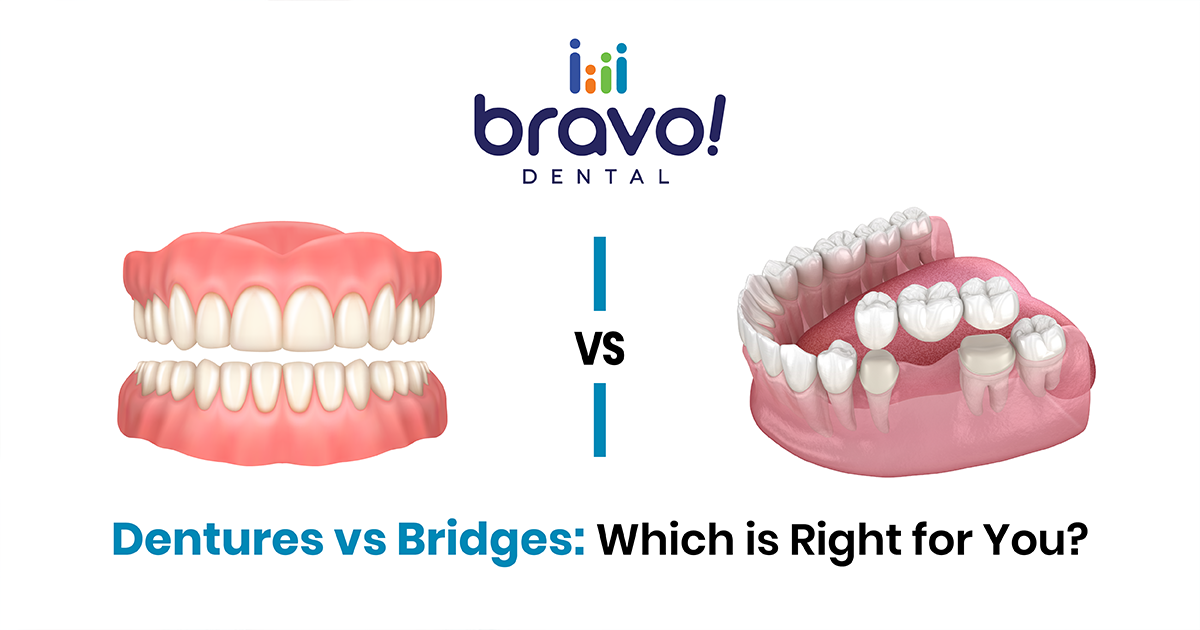
Oral cancer is a significant health concern globally, with its prevalence steadily rising. April marks Oral Cancer Awareness Month, a time dedicated to raising awareness about the importance of early detection, screening, and staging of oral cancer. Early detection and screening are pivotal in improving prognosis and survival rates.
This blog will explore why these aspects are crucial in combating this often-overlooked disease.
Early Detection and Screening:
Early detection is critical when it comes to oral cancer. Many oral cancers can be detected in their early stages through regular self-examinations and professional screenings. During a routine dental check-up, your dentist or oral health professional will thoroughly examine your mouth, looking for any suspicious lesions, lumps, or discolored areas that may indicate the presence of precancerous or cancerous cells.
Self-examinations are also highly recommended. You can self-examine by using a bright light and a mirror to inspect your mouth, including your tongue, cheeks, and the roof of your mouth. Look for any unusual sores, white or red patches, lumps, or persistent pain or numbness. If you notice any concerning changes, it’s essential to seek immediate medical attention.
Staging and Treatment:
Staging is crucial in determining the appropriate treatment approach and estimating survival outcomes for mouth cancer patients. If oral cancer is suspected, your healthcare provider will likely order additional tests, such as biopsies, imaging studies (CBCT scans, MRI, or PET scans), and endoscopies, to confirm the diagnosis and determine the stage of the cancer.
Mouth or oral cancer is staged from 0 to IV, based on the size of the tumor, lymph node involvement, and metastasis. Stage 0 is carcinoma in situ, with abnormal cells present but not yet invasive cancer. Stage I and II tumors are localized, up to 4 cm, without lymph node spread. Stage III indicates a larger tumor size over 4 cm or spread to nearby lymph nodes. Stage IV is the most advanced stage, where the cancer has spread to distant lymph nodes, tissues like the jaw, or other organs like the lungs.
Early stages 0-II have higher cure rates with surgery or radiation therapy. Later stages III-IV require more aggressive treatment with surgery, radiation, chemotherapy, or a combination of all these. These advanced stages have a higher risk of recurrence.
Prevention and Risk Factors:
While early detection and screening are crucial, prevention is equally important. Certain lifestyle factors, such as tobacco and alcohol use, increase the risk of developing oral cancer. Quitting smoking and limiting alcohol consumption can significantly reduce the risk.
Additionally, important preventative measures include:
- Practicing good oral hygiene.
- Maintaining a healthy diet.
- Protecting yourself from excessive sun exposure (which can increase the risk of lip cancer).
Conclusion
Oral Cancer Awareness Month reminds people to prioritize oral health and take proactive steps toward early detection and prevention. Regular check-ups, self-examinations, and a healthy lifestyle can significantly reduce the burden of oral cancer. Remember, early detection and appropriate treatment can save lives. For expert care and a secure screening to ensure your well-being, schedule an appointment with our dental professionals at Bravo! Dental.
happy to hear from you, contact us
Fill out the contact form below and Feel free to send any question or query.




